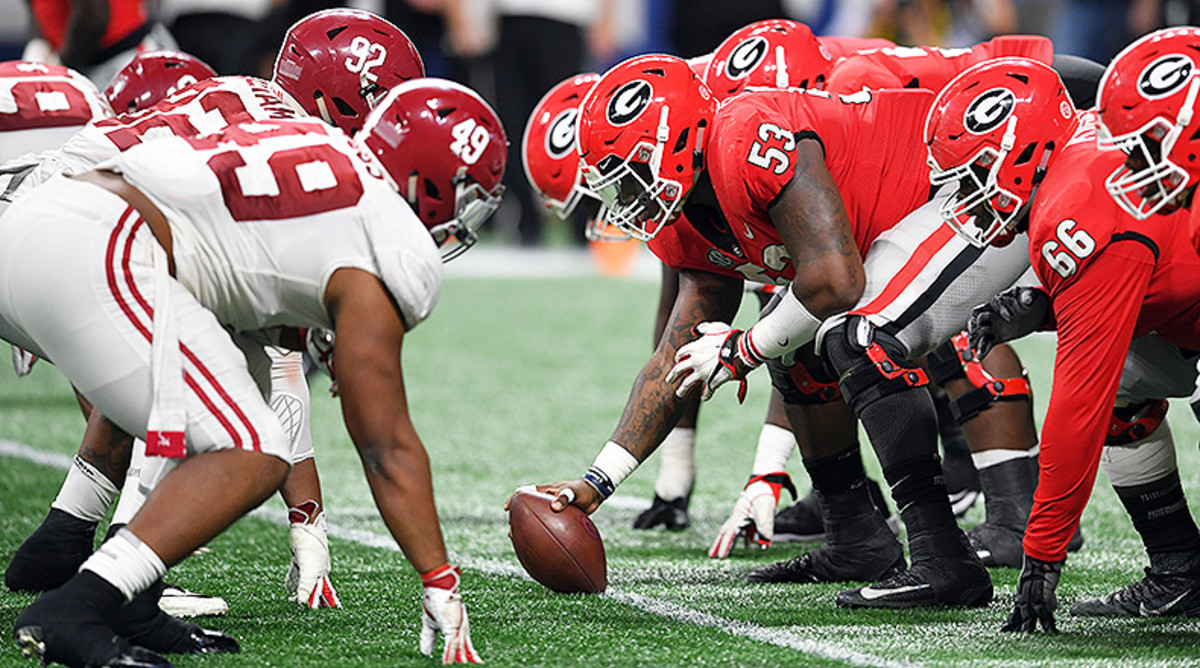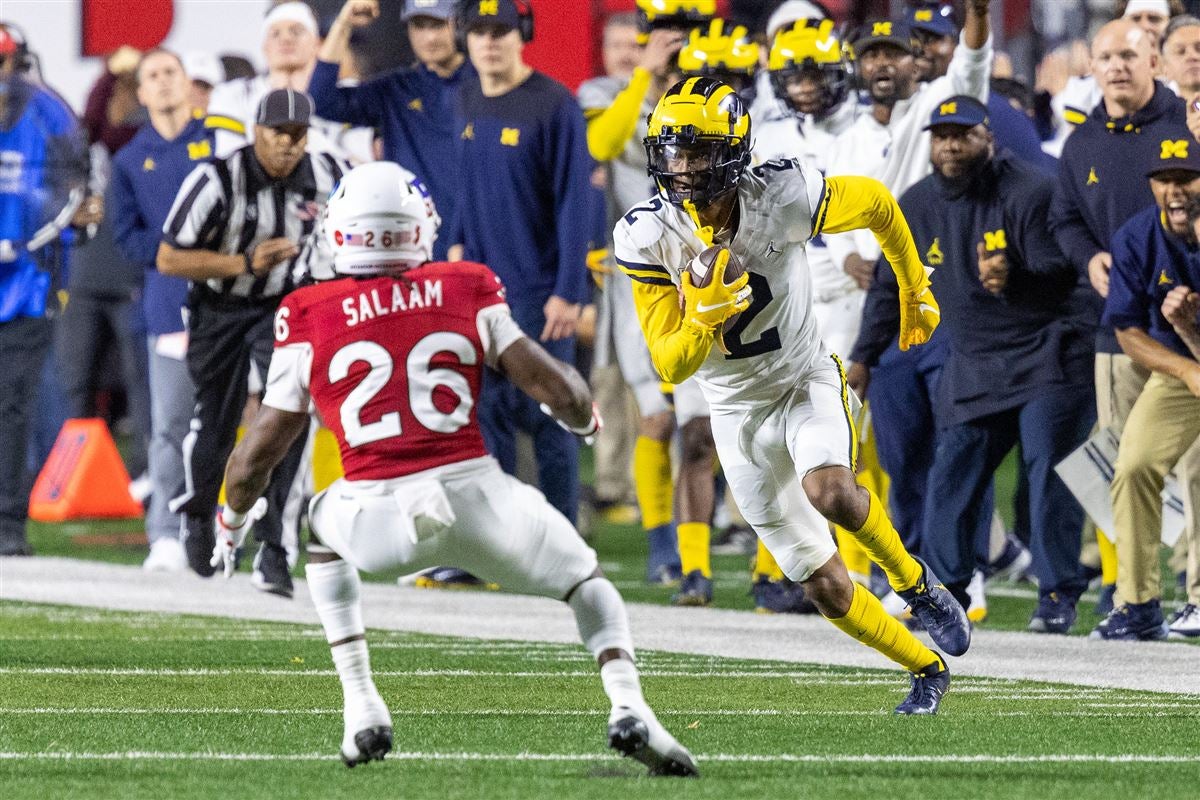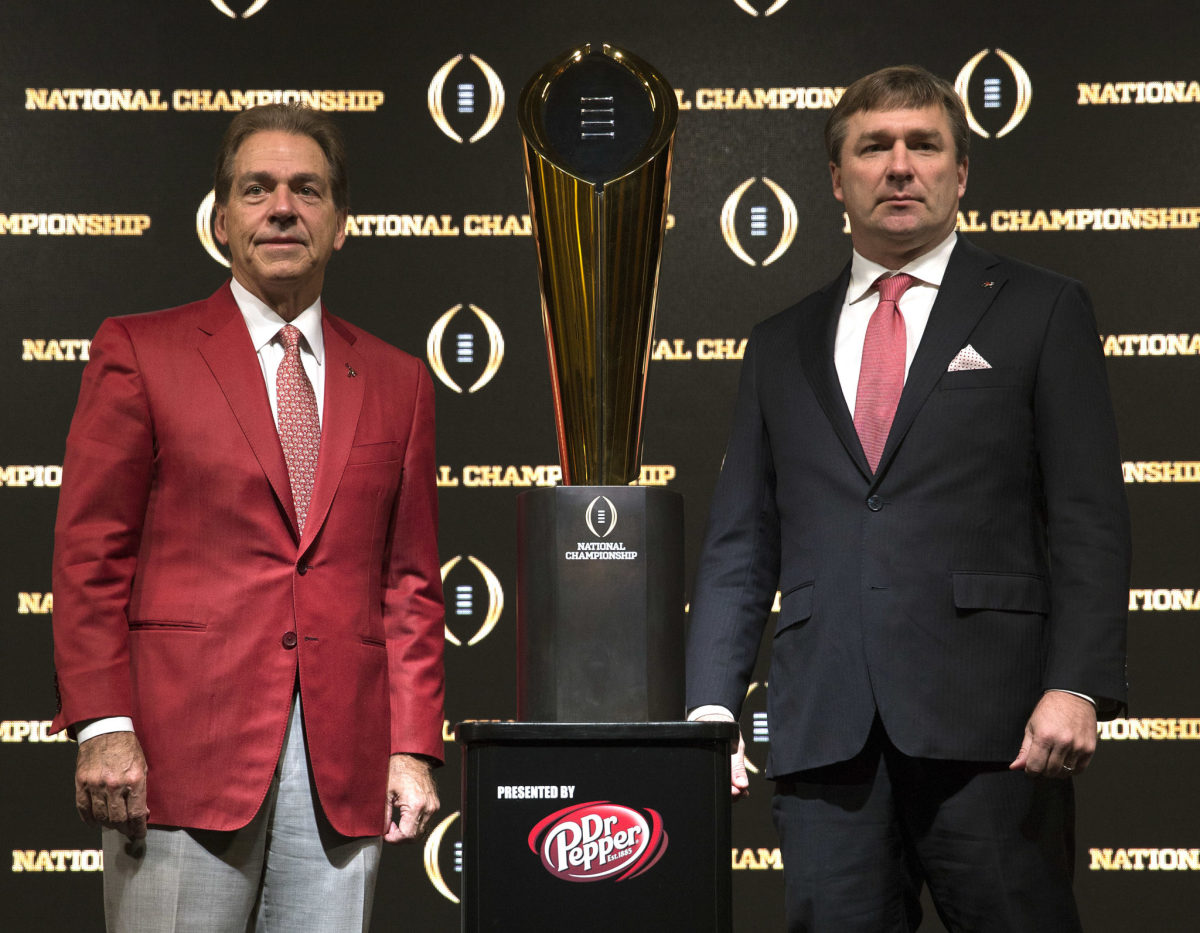The College Football Coaching Exodus: What's Behind the Surge of Coaches Heading to the NFL?

In the span of two weeks, the college football world has witnessed a surprising exodus of coaches heading to the NFL. The announcement of Jim Harbaugh leaving the Michigan Wolverines to be the head coach of the Los Angeles Chargers sent shock waves throughout the sport. This move was followed by several other prominent college coaches making their way to the professional ranks.
Boston College head coach Jeff Hafley recently accepted a position as the Green Bay Packers' new defensive coordinator, while Liam Coen of Kentucky and Kliff Kingsbury of USC agreed to become offensive coordinators in Tampa Bay and Washington, respectively. These moves have demonstrated a trend of college coaches transitioning back to the NFL.
Additionally, we've seen college football coaches like Ryan Day of Ohio State having to take on more of a CEO role rather than a traditional head coach. Day realized he needed to focus on other aspects of the job, such as handling NIL and raising money to accumulate talent for the Buckeyes.
The increasing prominence of NIL in college football has forced coaches to shift their attention away from the football field and toward the business side of the sport. However, many coaches are not happy with this shift as it goes against why they entered the profession in the first place – to coach football and impact young men.
Different from the NFL, where head coaches do not have general manager duties, college football programs often place the responsibility of hiring and managing an entire staff on the head coach. This excessive workload takes away from the coach's primary focus of coaching football.
In order to address this issue, programs need to build a system that insulates the head coach position. Athletic directors should consider hiring a president of football operations who can handle hiring a general manager and a head coach. This organizational chart would ensure that coaches can focus on coaching while other personnel handle administrative and managerial duties.
In the NFL, such a structure already exists, which is why many coaches are drawn to the professional ranks. College football needs to adopt a similar approach to retain top coaching talent.
Addtionally, coaches must recognize that they cannot have complete power and control in college football. They should be willing to relinquish some authority and work collaboratively with others, just as players are expected to do. A proper front office structure, similar to that of the NFL, must be established within college football to bring balance to the sport.
It's time for the college football industry to acknowledge the need for change and implement the necessary fixes. By creating a system that supports coaches, addresses the calendar and scheduling issues, and fosters a healthy relationship between players and institutions, we can enter a golden age of college football.
Joel Klatt is FOX Sports' lead college football game analyst and the host of the podcast "The Joel Klatt Show." Follow him on Twitter at @joelklatt and subscribe to the "Joel Klatt Show" on YouTube.



